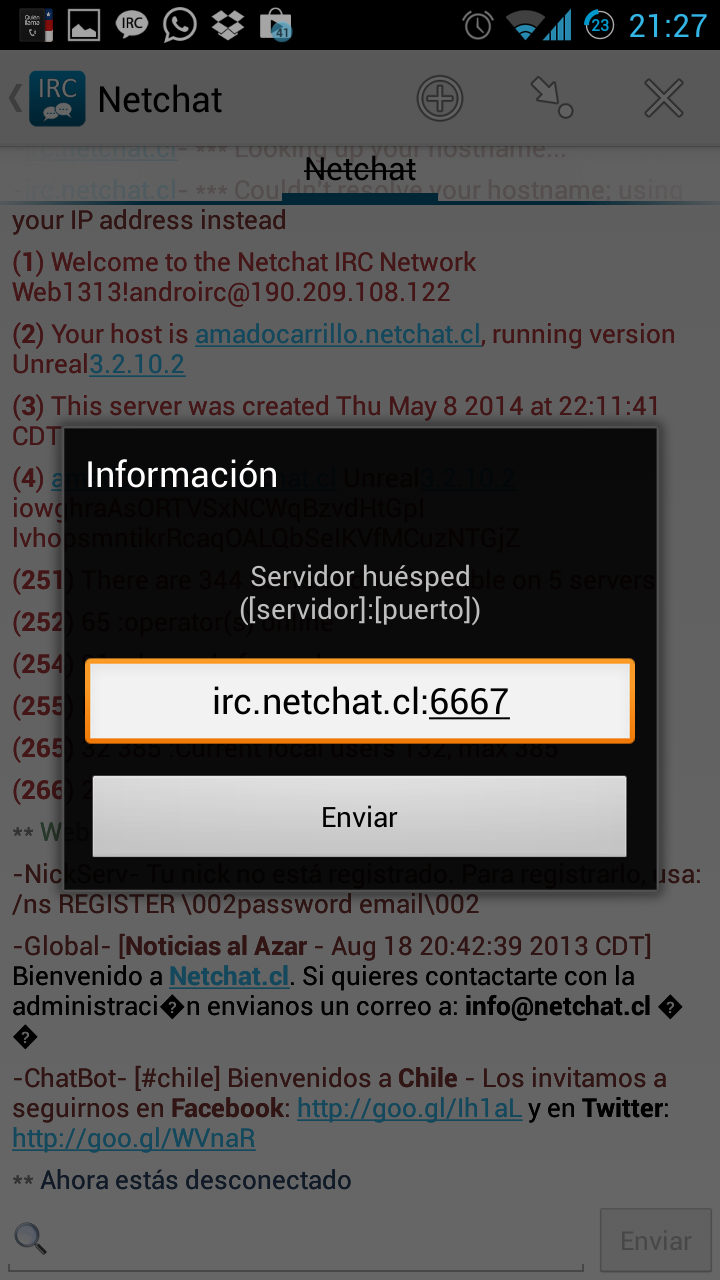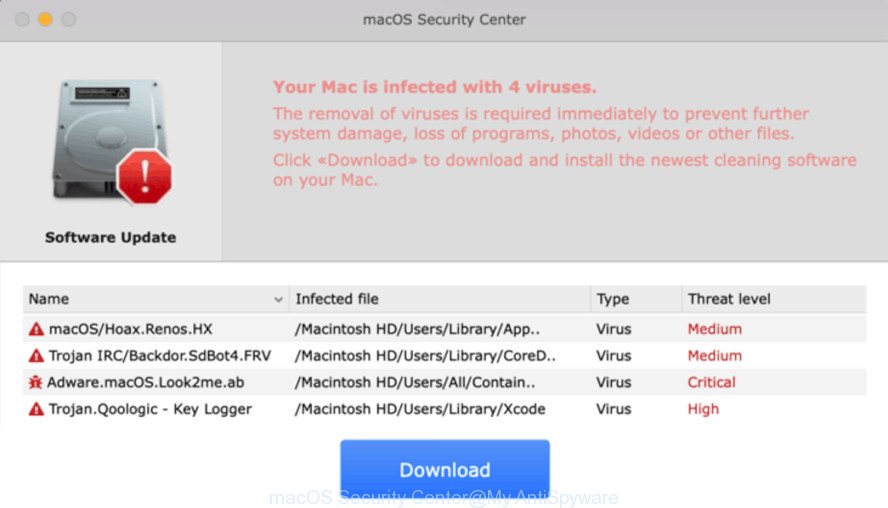

Braun recommended another Mac IRC client called XChat Azure. But that’s entirely a personal choice, and maybe you’ll like LimeChat better than I did. But if you need an app on macOS and iOS, then I recommend Colloquy. If you need a Mac IRC client but don’t really need it on iOS, then I recommend Textual. Textual is great to use, but it lacks an iOS app. However, I had no problem using Textual and Colloquy. I’ve never used IRC before, so that’s more of a ding on me, and not necessarily reflective of LimeChat. My Thoughtsįor some reason, I had trouble using LimeChat. Colloquy is free on macOS, and US$1.99 on iOS.

There is also an iOS app, which was more recently updated as of three months ago, so it’s not abandonware. The Mac app hasn’t been updated since 2014, but I had no problems using it on macOS High Sierra. Not only IRC, it also supports SILC and ICB. Although it’s a lightweight program, you can extend it with plug-ins, and it also works with AppleScript. ColloquyĬolloquy is a Mac IRC client that has been around forever. Textual costs US$7.99, and there is no iOS app. Plus, it was built with privacy in mind, and has features like Off-the-Record messaging. It has a clean, simple interface, and that makes it great for both beginners and pros. Textual is a native Mac IRC client, so it takes full advantage of macOS features like the Notification Center. LimeChat is free on macOS, but the iOS app costs US$4.99. It’s a small, lightweight program and has features like sending files, auto-join channels on startup, and SSL authorization. This might make it a little confusing to use, so I don’t recommend this for people who have never used IRC before. It’s fast and lightweight, and it has a console-like interface. Textual takes customization to the next level with styles created using well documented, open standards in addition to addons built using a multitude of programming languages such as AppleScript, Objective-C, PHP, Python, Perl, Ruby, Shell, and Swift.LimeChat is an open-source IRC client.


 0 kommentar(er)
0 kommentar(er)
